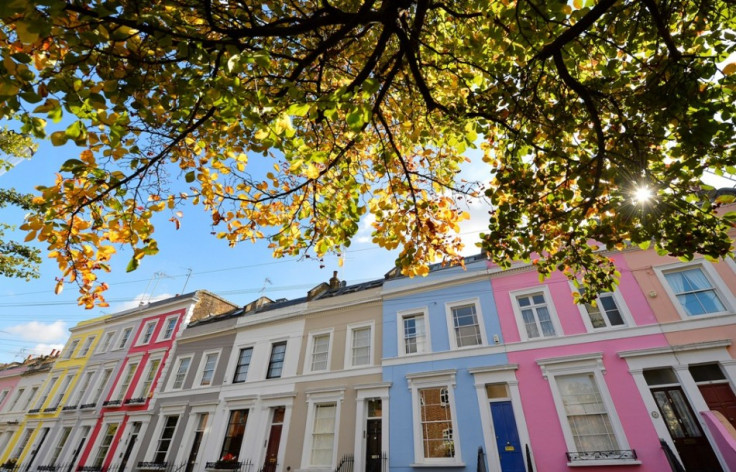Roaring UK House Price Growth Will Slow Sharply Amid Stronger Sterling and More Austerity

House price growth will slow sharply in the UK as building work picks up, a stronger pound puts off foreign investors in London property, and the rules around the mortgage market are tightened.
The Centre for Economics and Business Research thinktank (CEBR) forecasts the average UK house price to rise by 6.9% to £242,000 in 2014, before slowing to a 5.1% increase to £254,400 the following year.
London has been the main driver of higher property prices, with double-digit growth seen in the capital. Foreign investors have poured billions into the London property market, chasing the capital gains from spiralling prices and rents.
But the pound is growing stronger as the economy recovers and monetary policy is set to be tightened by the Bank of England, with markets expecting an interest rates rise in early 2015, which will increase sterling's value even further and put off some investors.
Moreover, though still far short of what is needed, residential construction work is on the rise all over London, which will ease the strain on housing supply.
As a result, the CEBR said London house price growth will be 16.1% in 2014 to an average of £466,000 before slowing rapidly in the following year to 11.4% and £518,600.
More broadly, house building is also picking up. It is currently running at around half the level needed to meet rising demand.
In the three months to March 2014, there were 36,450 housing starts, according to the Department for Communities and Local Government (DCLG), up 33% on the same quarter a year before.
And the reviving mortgage market has had the brakes applied as regulators worried about the risk from household indebtedness. Higher house prices mean people must take on larger mortgages to buy a property.
This leaves them exposed to an interest rate shock when the Bank of England hikes its base rate from the record-low 0.5% and so pushes up monthly mortgage repayment costs.
So the Financial Conduct Authority (FCA) has imposed tougher affordability tests on the market. This means lenders must be more vigilant about the ability of borrowers to make repayments in a number of different scenarios, such as higher interest rates.
The Bank of England has also stepped in. It will cap mortgage lending from October 2014. From that date, banks will only be able to make up 15% of their net new mortgage lending with loans worth 4.5 times or more of the applicant's income.
The CEBR looked as far as 2018 in its forecast. It said the fiscal austerity programme planned for the year from 2015, which will see billions of pounds more trimmed from public spending, should slow house price growth even further.
Annual house price growth is predicted to be 3.4% in 2018, meaning the average UK home will cost £287,300.
© Copyright IBTimes 2025. All rights reserved.






















